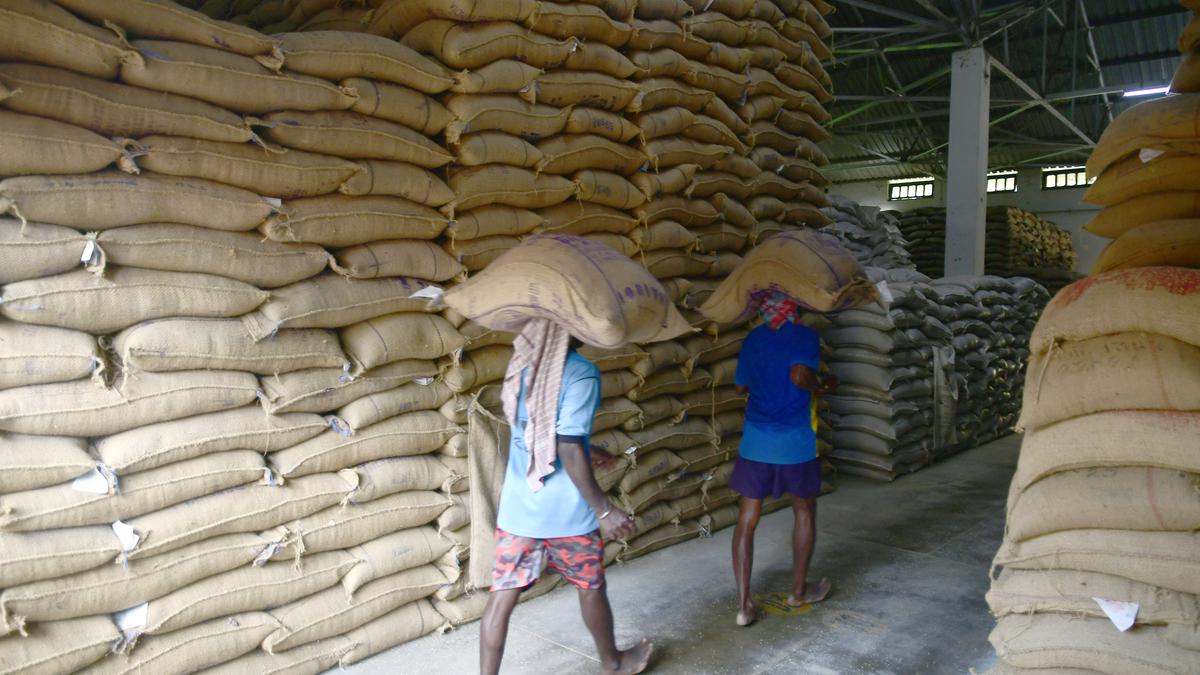
Export ban on rice is regulation rather than restriction for food security: India to WTO's agriculture committee meet
The Hindu
India defends export ban on rice, citing food security for 1.4 billion people. Govt has allowed exports to Bhutan, UAE, Mauritius and Singapore. US urges India to lift ban, citing impact on import-dependent nations. WTO members raise concerns about ban's impact on global food market.
India has said that the export ban on rice is a regulation rather than a restriction and is crucial for securing the food security of 1.4 billion people, according to an official.
This was stated by India in response to concerns raised by a group of countries including the US during a meeting of the WTO's Committee on Agriculture in Geneva on September 27.
The Geneva-based official said that in the meeting, India reiterated its commitment to ensure food security in importing countries by granting exemptions to those in need upon their governments' requests.
The Indian government has already allowed exports of non-basmati rice to Bhutan (79,000 tonnes), UAE (75,000 tonnes), Mauritius (14,000 tonnes) and Singapore (50,000 tonnes) through the National Cooperative Exports Ltd (NCEL).
On July 20 this year, India banned exports of non-basmati white rice to boost domestic supply and keep retail prices under check during the upcoming festive season.
"The Government of India has the commitment that in case of food insecure, vulnerable countries and neighbouring countries request, it will provide with the required quantity of rice or wheat," the government official said.
India has also argued that, in order to prevent private players from manipulating market conditions, advance notifications were not provided in the WTO.











